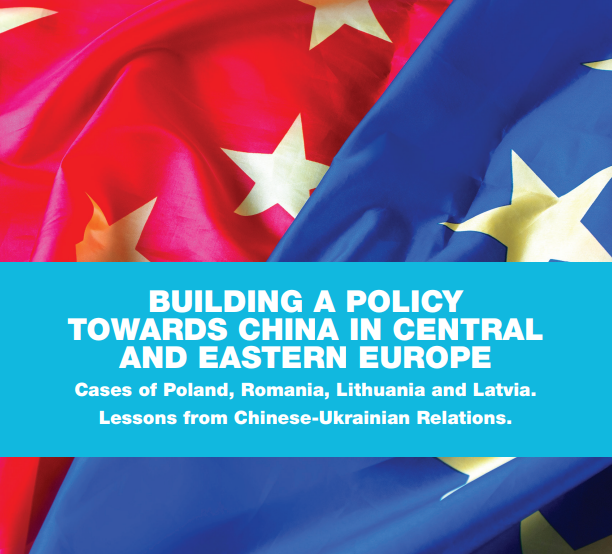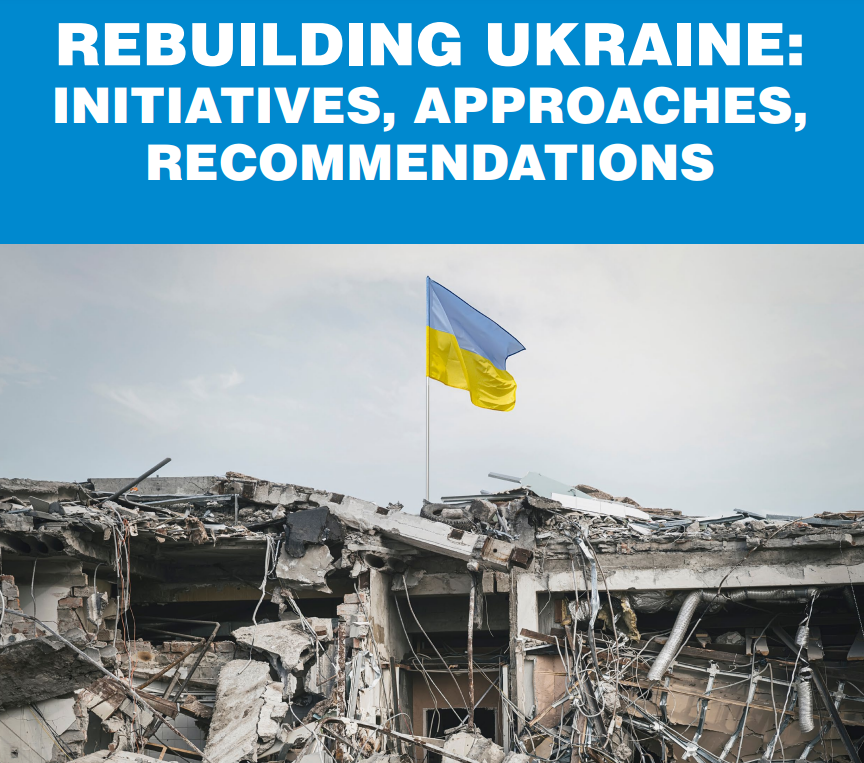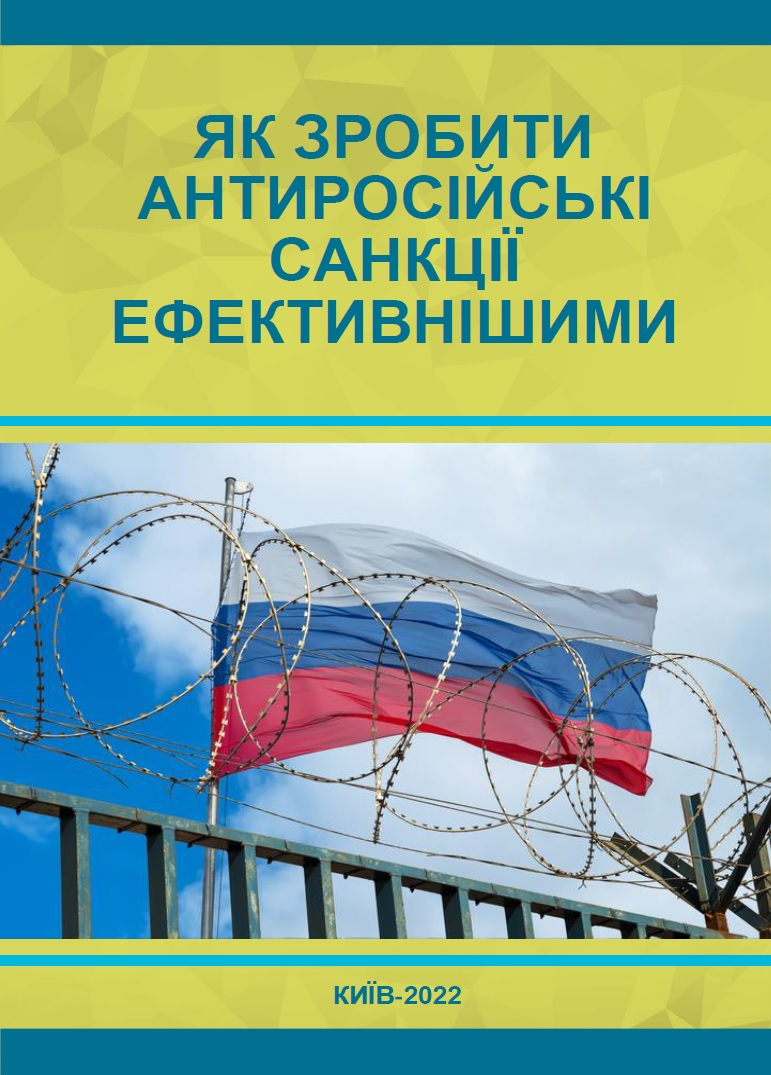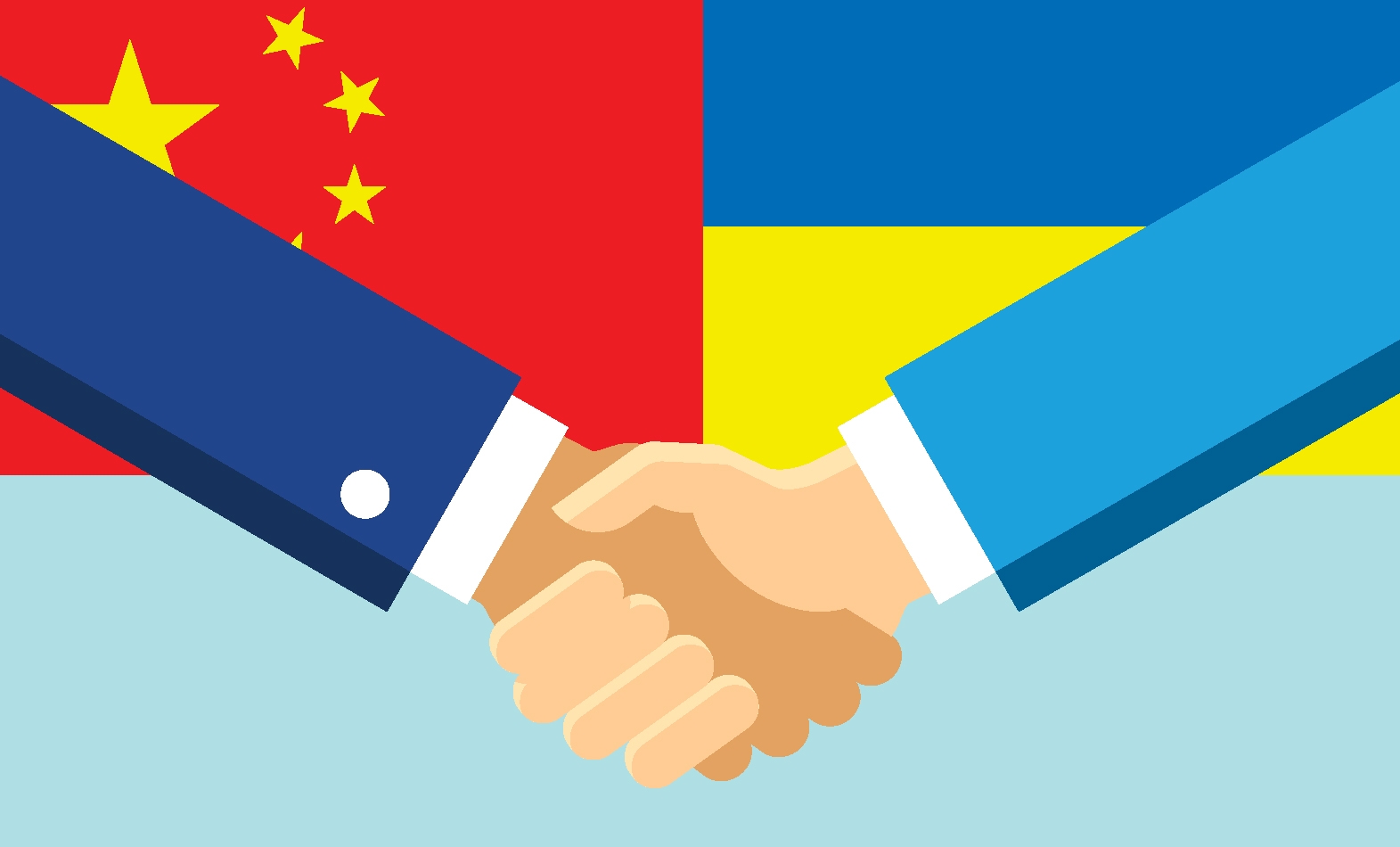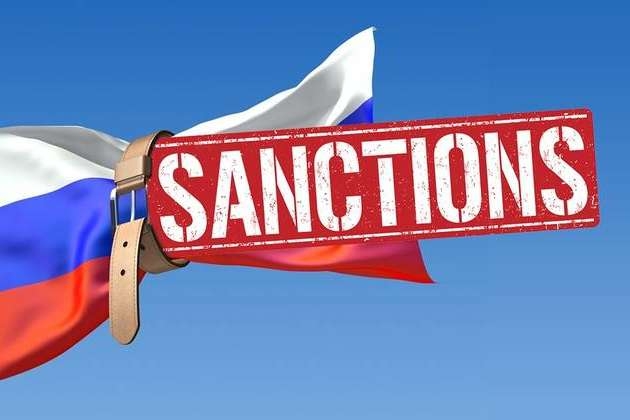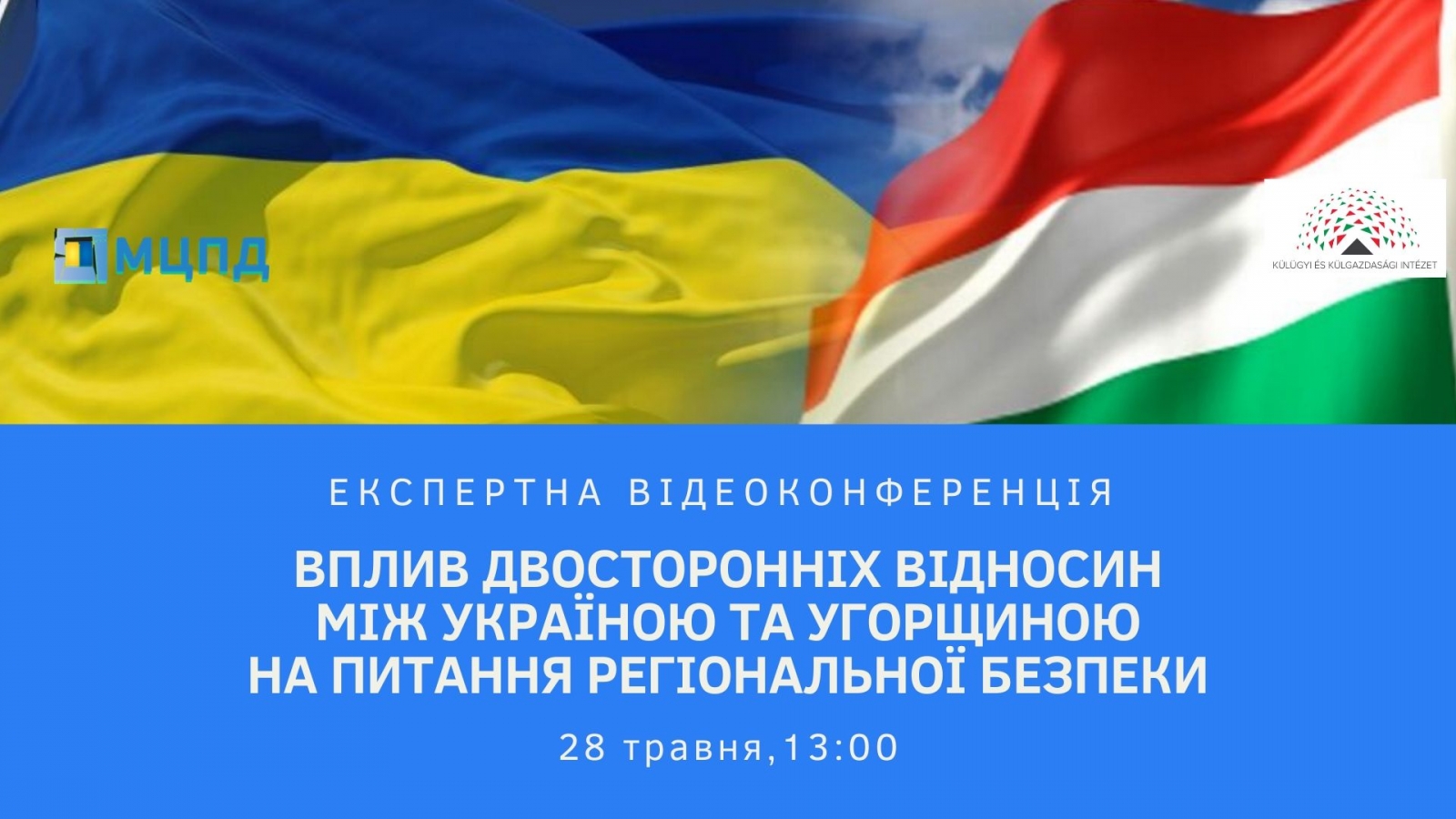The point of view inside the Netherlands - Michelle de Clercq:
Yesterday the Dutch senate voted in favor of the EU-Ukraine Association Agreement. Now that the upper house backs the decision of the lower house, all EU members agree and the ratification of the agreement is almost becoming a reality. Does the approval of both houses of parliament mean that the Dutch reluctance towards the EU-Ukraine association agreement has disappeared?
In April 2016 a substantial majority (60 percent) of Dutch voters rejected the Association Agreement in an advisory referendum. The electoral outcome however can be nuanced, as people might have intentionally abstained from voting. Until the last moment it was unclear if the turn-up threshold of 30 percent would be reached which was needed to give the outcome of the referendum any importance at all. In then end the minimum was just met with 32 percent.
The average person in the Netherlands has little knowledge of Ukraine and the struggle people went through to make the Association Agreement possible. Nevertheless it cannot be denied that lack of information is not the only reason causing skepticism towards the Ukraine and the Association Agreement.
The Dutch referendum was campaigned for and initiated by a popular Internet media site unique in its sort. It is called Geenstijl, which literally means "no class” and characterizes itself through ruthlessness, Dutch directness and provoking questioning methods. The platform mostly appeals to right-winged voters who are more likely to sympathize with Eurosceptic feelings. As the initiators of the referendum might have had a minor effect on the electoral outcome, there are three main reasons why the referendum was initiated and the agreement was later rejected.
The first is that the referendum was seen as a means to express Eurosceptic feelings that are seen in many EU member states at the moment. It is important to remember that the Dutch referendum was held before the Brexit referendum and therefore had a more symbolic function to reveal the discomfort people feel over the decision making process of the EU. The second reason that was mentioned by the referendum campaigners was corruption. The question was raised whether EU cooperation was favorable due to the high level of corruption in Ukraine (131 on the corruption perception index in 2016, after Mali and Sierra Leone). The final reason was that the Association Agreement was seen as a harbinger towards Ukrainian EU membership.
In December 2016 the Dutch Prime Minister Rutte decided to set the outcome of the referendum aside and ratify the EU-Ukrainian Agreement on one condition. An annex was included that the agreement cannot be seen as a steppingstone to EU membership and cannot be used as one in the future. The Annex of course is symbolic and doesn’t make a significant difference to the agreement. Ratification was not without risk as it was done three months before the national elections were held and according to polls Geert Wilders’s party was lurking not far behind from the Prime Minister Rutte. The elections in March this year showed however that Rutte’s decision could be forgiven as he convincingly won the elections again.
So whether the Dutch reluctance towards the EU-Ukrainian association has disappeared remains unclear. Apart from the new multilateral agreement the future of Dutch-Ukrainian relations is uncertain. But the two nations might have more in common than they realize as the Dutch too have had a difficult relationship with Russia the last few years. 193 Dutch people have lost their lives in Eastern Ukraine during the MH-17 flight and many are still hopeful to find those responsible for bringing down the airplane. Perhaps in the future the two nations might find some common ground in their grief and tightening the belts between the two nations might not be so bad idea after all.
ICPS experts researched the question of building a policy towards China in Central and Eastern Europe
ICPS has prepared an analytical study focused on the evolution of China's regional policy in Central and Eastern Europe, as well as recommendations for developing policies towards China in the region. The "One Belt, One Road" initiative has become a key tool for promoting China's geopolitical interests and implementing its grand strategy aimed at changing the existing international order. This global initiative encompasses transportation, logistics, trade, and investment projects, promoting China's transition to a new level of influence and responsibility. Europe plays an important role in this. The European market is a natural "center of gravity" for China's export-oriented economy; Beijing seeks to build strong cooperation with Europe based on active trade and interdependence. China, in its turn, is also an important trading and economic partner for Europe. Central and Eastern European countries (CEE) have in some sense become "gateway" to Europe for China. Seeking to deepen relations with them and involve in its own infrastructure projects, China has developed and implemented a regional policy within the framework of the "14+1" initiative (previously "16+1" and "17+1"), as well as on a bilateral level. This Chinese activity has elicited ambiguous reactions both among participating states and among other EU members. Russia's invasion of Ukraine has brought new problems to the agenda and significantly weakened China's position in Europe, particularly in the CEE. Political and security issues have taken priority over trade and infrastructure. The ongoing war has forced both China and countries of the region to adjust their perceptions and policies towards each other. The most vivid trends and problematic issues are examined in the paper utilizing the experience of Poland, Romania, Lithuania, and Latvia. Taking also into account Ukraine's experience in building relations with China, recommendations are provided for the main elements of CEE's policies towards China. More information can be found at the following link: https://icps.com.ua/en/our-projects/publications/building-a-policy-towards-china-in-central-and-eastern-europe/
What are the main problems of reconstruction plans for Ukraine and what are the ways to solve them: experts provided recommendations
International Centre for Policy Studies has presented the document "REBUILDING UKRAINE: INITIATIVES, APPROACHES, RECOMMENDATIONS", which analyzed different aspects of the future reconstruction process for Ukraine. According to various estimates Ukraine's total losses resulting from Russian aggression at the end of 2022 constituted around 700 billion US dollars. This amount has been increasing every day of Russian attacks and bombardments targeting civilian infrastructure and killing innocent people. The international community recognizes the need to finance reconstruction of Ukraine. There have been many international conferences, expert studies and discussions on that. However, there is currently no consensus on sources or tools for Ukraine's rebuilding projects, no agreed overall concept of how the process will be conducted and implemented. Meanwhile, needs of Ukraine for reconstruction are urgent and vital to keep country viable and able to withstand Russian continuing aggression. This necessitates an in-depth study of the issue as well as public and expert discussions to suggest appropriate decisions. In this paper the International Center of Policy Studies examines existing international experience of post-war reconstruction with a special attention to good examples, which can be used by Ukraine. Existing initiatives regarding the reconstruction of Ukraine are analyzed with a focus on new ideas and recommendations, which can be used in this process. The study intends to contribute to current expert discussions in Ukraine and among our partners on reconstruction of the country during and after the war. You can read/download the ICPS publication "REBUILDING UKRAINE: INITIATIVES, APPROACHES, RECOMMENDATIONS " by following the link: https://icps.com.ua/en/our-projects/publications/rebuilding-ukraine-initiatives-approaches-recommendations/
How to make sanctions more effective: ICPS analysts offered new ideas
International Centre for Policy Studies has presented the document "How to make anti-Russian sanctions more effective", which analyzed the gaps in the sanctions policy. It is noted that the international community has adopted seven packages of sanctions against Russia since its full-scale invasion of Ukraine in 2022. Over 50 countries have in some form joined the sanctions regime. Some states, such as Israel and China, don't adopt sanctions but block potential ways for Russia to evade their effect. Mainly, it is the developing countries that don't implement the sanctions regime, while the collective West is decisive and united in its exploit of the tool. Akin to 2014 and after, sanctions constitute a complex mechanism of selective action. They are not absolute but rather operate in different sectors and against particular individuals or legal entities. In addition to sectoral sanctions, diplomatic and visa restrictions are in place. At the same time, to make the sanctions more effective, the international community should fill the gaps that allow for a selective designation of Russian oligarchs and politicians. It requires a systemic analysis and monitoring aimed at finding these gaps, then sanctioning the individuals who had avoided personal sanctions. Accordingly, this document contains not only an analysis of the sanctions policy, but also recommendations for minimizing its gaps. You can read/download the ICPS publication "How to make anti-Russian sanctions more effective" by following the link: https://icps.com.ua/en/our-projects/publications/how-to-make-anti-russian-sanctions-more-effective/
SINO-UKRAINIAN RELATIONS: RESEARCH PAPER
In context of the ICPS' latest project on monitoring foreign economic relations, ICPS experts have conducted extensive research, round table debates and in-depth analysis of the current status of Sino-Ukrainian relations. China's political interest and economic investments in Ukraine has risen exponentially since the announcement of the One Belt One Road Initiative, yet is Ukraine ready for intensifying bilateral relations with such a world power? For more details, read the ICPS' latest study.
Austrian experts and diplomats discussed ICPS study “Sanctions against Russia”
Sanctions must remain a key instrument of pressure on Russia to restore Ukraine's sovereignty and territorial integrity. This conclusion was reached by Ukrainian and Austrian foreign policy experts during expert discussion of the ICPS study “Sanctions against Russia: current state, prospects, successes and gaps of the multilateral international sanctions regime against Russian Federation”, which took place on Tuesday, June 3, in the format of online discussion. About 40 Austrian and Ukrainian diplomats, analysts and foreign policy experts took part in online discussion “Sanctions against Russia: are they still effective?”, organized by ICPS in conjunction with the International Institute for Peace (IIP, Vienna) with the support of the International Renaissance Foundation. The speakers were Hannes Swoboda, President of the International Institute for Peace (IIP), Peter Havlik, expert at the Vienna Institute for International Economic Studies, Anastasia Galushka, ICPS expert in international law and human rights and Mykola Kapitonenko, ICPS associate expert. The participants of discussion stressed the need to continue sanctions against Russia, as Russia's actions in Ukraine are a challenge not only for our country, but for the entire international community which is why they must receive a joint coordinated response. “Sanctions, as a tool “between wars and words”, remain the only way to put pressure on Russia's foreign policy while limiting its destructive potential for international security,” ICPS expert in international law and human rights Anastasia Galushka said. According to Mykola Kapitonenko, combination of different types of sanctions will allow for a more systemic impact on Russian policy; while the procedure of their periodic extension will signal the dependence of sanctions pressure on specific changes in the behavior of the Russian Federation. It should be noted that earlier ICPS experts presented the study “Sanctions against Russia” in the United States, Estonia, Belgium, Italy and Poland. You could download and read ICPS study “Sanctions against Russia” via the link: https://cutt.ly/orQ0PGd
ICPS conducted a video conference on bilateral relations between Ukraine and Hungary
On Thursday, May 28, the International Centre for Policy Studies (ICPS) and the Institute for Foreign Affairs and Trade (Hungary) initiated an expert video conference on “Impact of Bilateral Relations between Ukraine and Hungary on Regional Security”. The online event was part of the project “Ukraine-Hungary: Towards Understanding” with the support of the Institute for Foreign Affairs and Trade. During the video conference, the participants discussed the state and prospects of relations between Ukraine and Hungary in the context of regional security, Hungary's role in Ukraine-NATO relations, the impact of the Russian conflict on Ukrainian-Hungarian relations and regional security. The event was attended by several dozen experts, including Christina Murphy, Deputy Head of Mission, Hungarian Embassy in Ukraine, Georgy Ilyash, research fellow at the Institute for Foreign Affairs and Trade (Hungary), Mykola Kapitonenko, ICPS Expert on Foreign Policy, Dmytro Tuzhansky, political scientist, expert on Ukrainian-Hungarian relations, Anastasia Galushka, ICPS expert on foreign policy and international law. “Relations between Hungary and Ukraine still remain in a well-known deadlock,” Mykola Kapitonenko said. - Minor shifts in recent months, firstly, do not fully meet the expectations that arose after the victory of Volodymyr Zelensky in the presidential election, and, secondly, according to Budapest, do not solve the key problem of narrowing the rights Hungarians in Ukraine”. According to him, the rapid development of events in the region pushes our countries to cooperation. Against the backdrop of the coronavirus pandemic, a bilateral agreement on health cooperation was signed, a corridor was set up in Hungary for Ukrainians to return home, and new formats of governmental remote communication were tested. “The usual agenda, dominated by the Russian threat, retaliation by NATO and the lack of democracy, is giving way to the challenges of pandemic,” Mykola Kapitonenko said. - In addition to those directly related to human health, these are problems that have already been or will be caused by the economic recession and the growing demand for security among citizens. Together, they change the way states communicate and perceive each other. Borders and various barriers are being partially restored, selfishness is growing, and political decisions are returning to the usual national level.” Anastasia Galushka drew attention to the controversial law on education which provoked numerous discussions at the political and professional levels. “It can hardly be argued that citizens living in Ukraine should know the state language of the country, and that this law can only be seen as an advantage for members of national minorities,” ICPS expert said. “However, implement the law in practice was much harder than expected.” According to her, the Venice Commission also addressed this issue and formulated some principles, stating that knowledge of the official language of the state is a factor of social cohesion and integration, and it is legitimate for states to promote their language and call for the state language to be the language of education for all. “Ukraine and Hungary are part of a single region, establishing cooperation and maintaining a common consensus could significantly expand the capabilities of both countries,” Anastasia Galushka added. - This would control the level of escalation of the conflict. The regional context can open new horizons for both states, take them out of the circular discussion and focus only on current problems. A full-fledged strategic partnership is still a long way off, but at least the current crisis can be overcome.”


